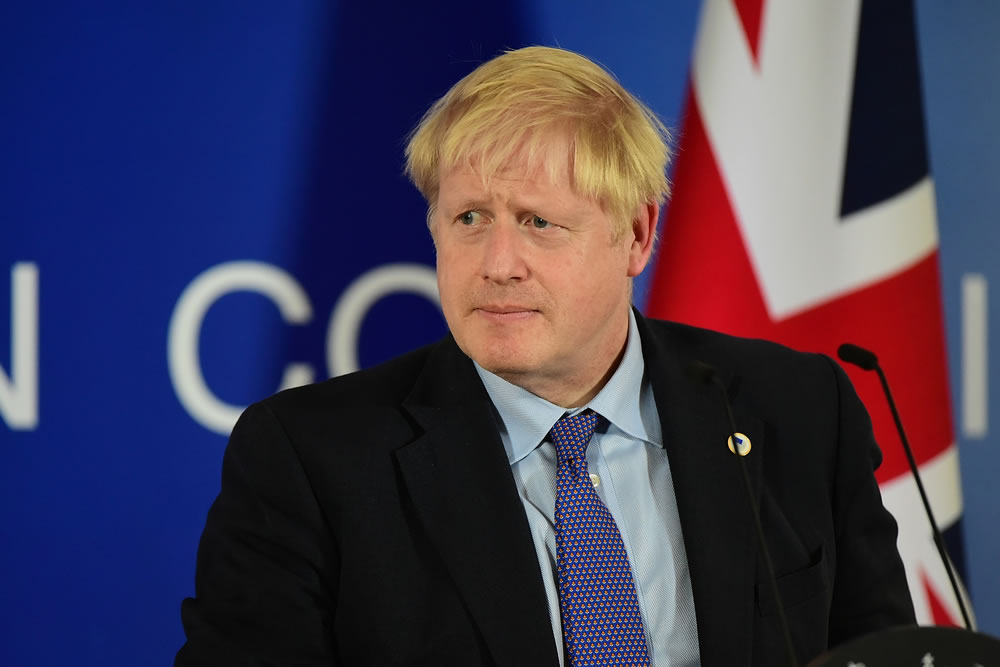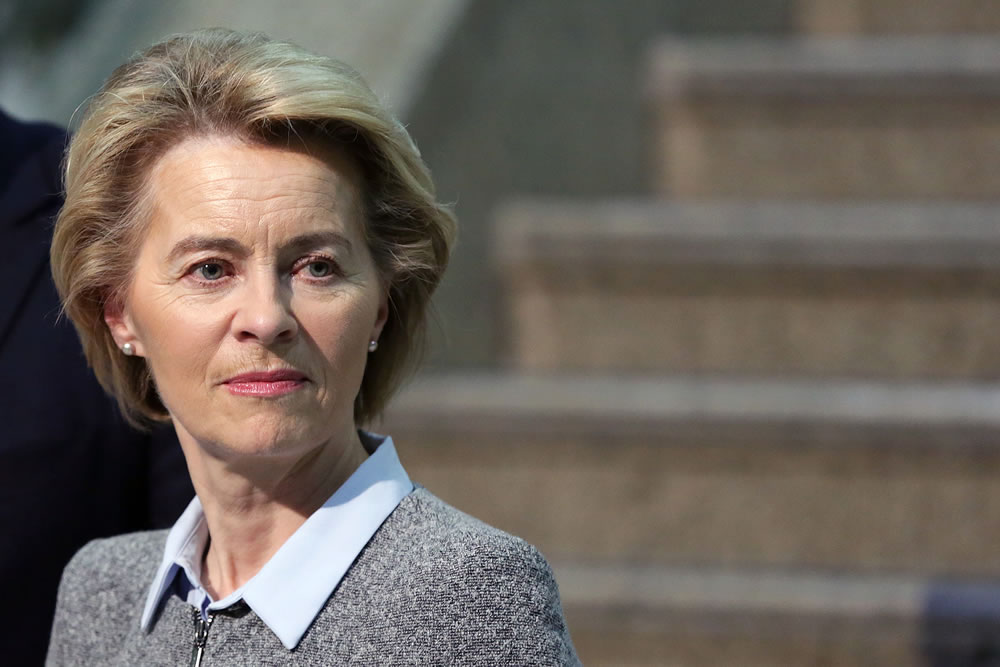The British economy has been teetering on a knife-edge for months as markets watched the Brexit negotiations with unease. With the two sides stubbornly refusing to compromise, it began to look increasingly likely that the UK would leave without a deal, leaving trade with a very uncertain future.
However, the UK and the EU managed to find common ground at the last minute, and a deal was struck. It’s not quite the finished article; many of the clauses are nothing more than a commitment to finding a reasonable future solution. This means that Brexit negotiators will still be kept busy thrashing out the final details for the next few months. One of the sectors left in suspense is financial services; with London as a global hub for finance and trading, the details of any agreement will be complex.
But what do investors think of the agreement so far? And has the market shown any concern about the lack of complete clarity?

Market relief
The news that a trade agreement had been agreed was instantly reflected in market sentiment. In the first session after opening, the FTSE 100 jumped to the highest level seen since March 2020, trading just below 6650.
It wasn’t just the top index that climbed in the London stock market; the FTSE 250 also hit a 10-month high, and the All-Share Index rose by 2.1%. Currency markets responded to the news in the same way, with sterling posting gains against the dollar.
Although the deal isn’t the ideal solution for many, relief at avoiding WTO terms was tangible with many experts citing this and removing uncertainty as the core reasons for the buoyant mood.
Slow and steady return
The deal will have given UK investors an immediate lift, but it may take a little longer for global investors to follow suit. It’s expected that many will wait to see how the new relationship between the UK and the EU works out in reality before putting their money back into the domestic market.
UK equity funds have endured a torrid time since 2016, but cheap prices and positive – if modest – sentiment could provide opportunities for growth. You can find more about this and tutorials on CFD on the internet here.

Some hesitancy
Amidst all the optimism, there was just one word of warning for the financial sector: banks and financial institutions didn’t fare entirely as well as other stocks.
The sector is one of the main areas which haven’t made any progress on a deal, with the two sides merely agreeing to act reasonably and with good intent. This tentative pact was considered sufficient to declare a trade deal complete, but the reality is that there is much yet that needs to be figured out.
The early winners are likely to be companies who are domestically focused, with a stronger pound providing growth. Multinationals, and financials, in particular, should eventually start to see a U-turn but this could take a considerable length of time, and certainly not in the first quarter of 2021.























